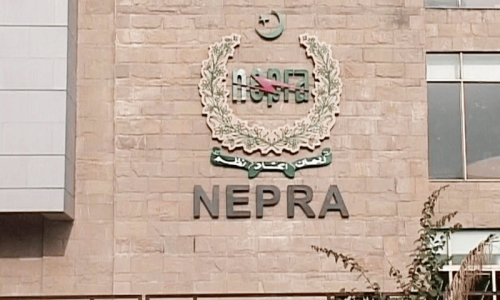
WITH a female population of over 119 million, Pakistan ranks 145th on the 2024 Global Gender Gap Index, second to last. This dismal standing is not surprising in a country where gender inequality is deeply embedded in social, political and economic structures. Women face persistent barriers to education, employment and political representation, while cultural and legal systems often fail to protect them from violence, harassment and forced marriages.
Despite these glaring injustices, even educated men who recognise the oppression of women hesitate to call themselves feminists. In her book We Should All Be Feminists, Nigerian writer Chimamanda Ngozi Adichie observed that the word feminist “is so heavy with baggage, negative baggage”. The same holds true in Pakistan, where feminism is often dismissed as a Western import or a challenge to tradition.
Words like ‘foreign funding’ and ‘Western agenda’ have been popularly associated with feminist movements in Pakistan since the foundation of the All-Pakistan Women’s Association (APWA) in 1949 without any concrete evidence. The struggle of Women’s Action Forum (WAF) against certain laws in the 1980s and ’90s was called anti-Islamic.
Similarly, the Aurat March is often dismissed as unpatriotic or an attempt to defame the country when all it does is to raise a voice against domestic violence and patriarchy.
Feminism, by no means, is a threat. It is not a foreign ideology or some imported agenda. It is the courage to accept the deep-rooted patriarchy in the culture, the consistent oppression of women in the system, and their fundamental right to equality. It is the willingness to challenge traditions that perpetuate discrimination and to stand against laws and practices that deny women autonomy.
Also, feminism is not about superiority. It is about justice — ensuring that women have the same opportunities, freedoms and protections as men. The courage to be a feminist in Pakistan means breaking the silence, confronting societal resistance, and advocating for a future where gender does not determine one’s worth or potential.
Muhammad Usama
Gujranwala
Published in Dawn, April 4th, 2025









































